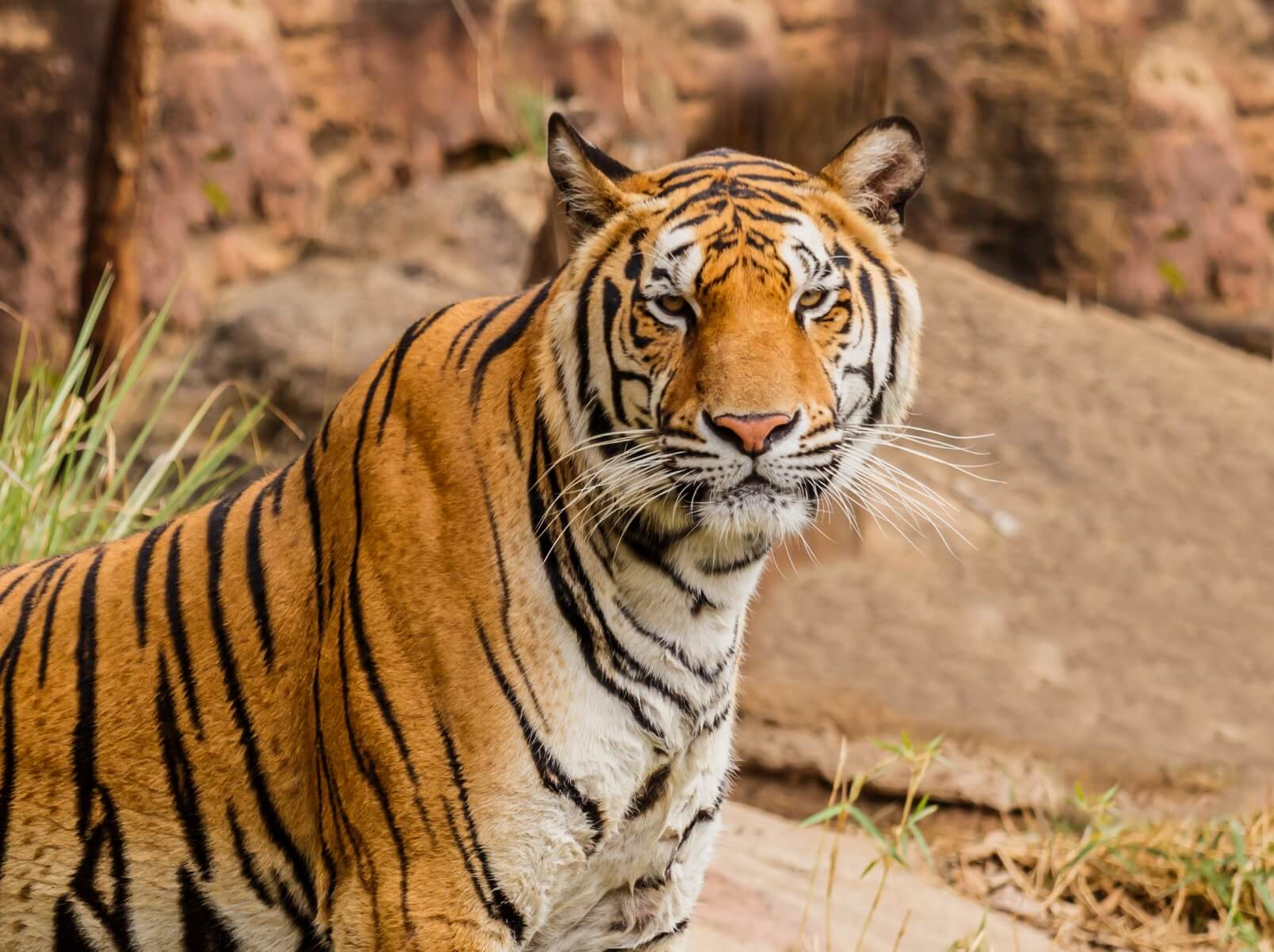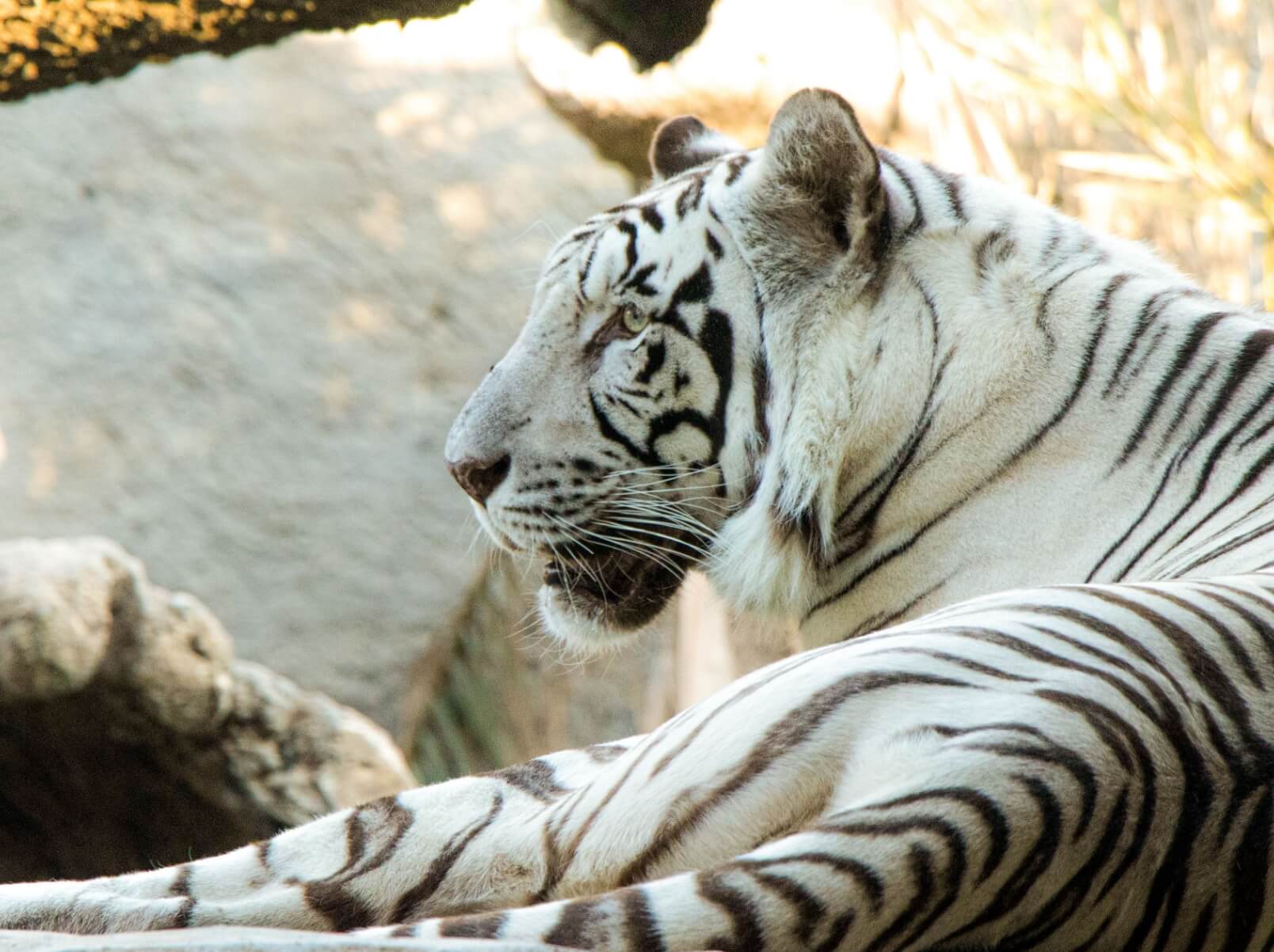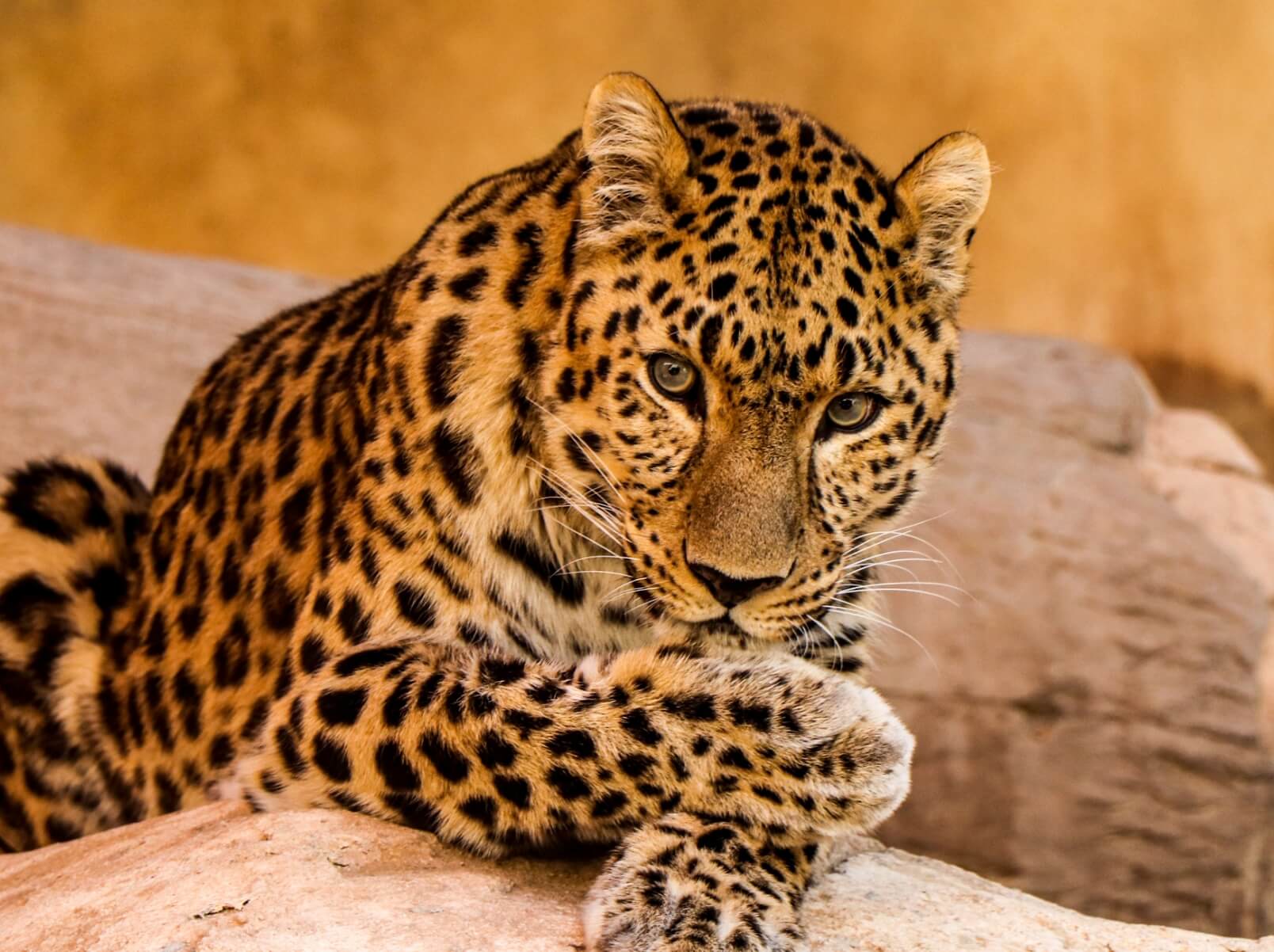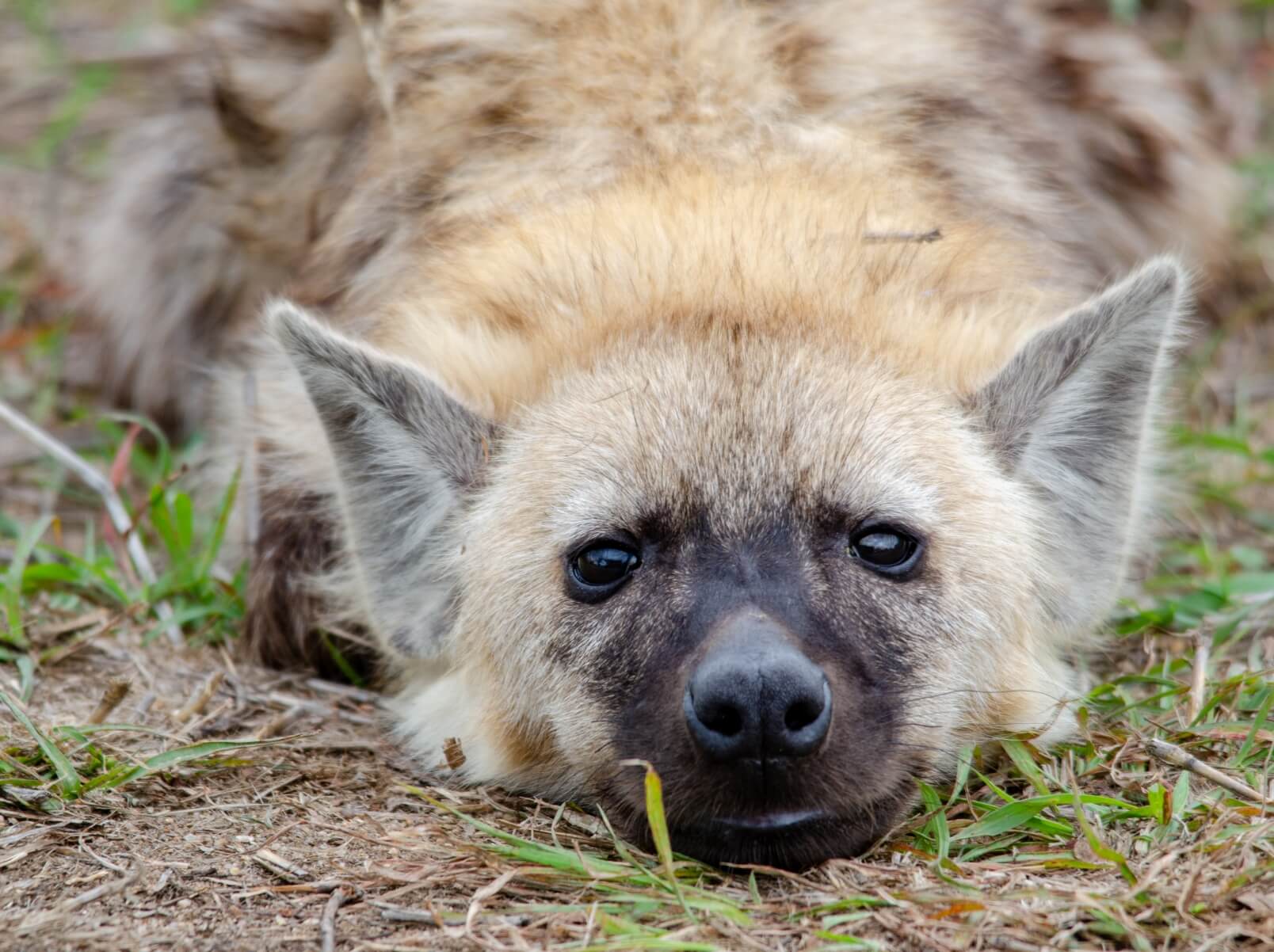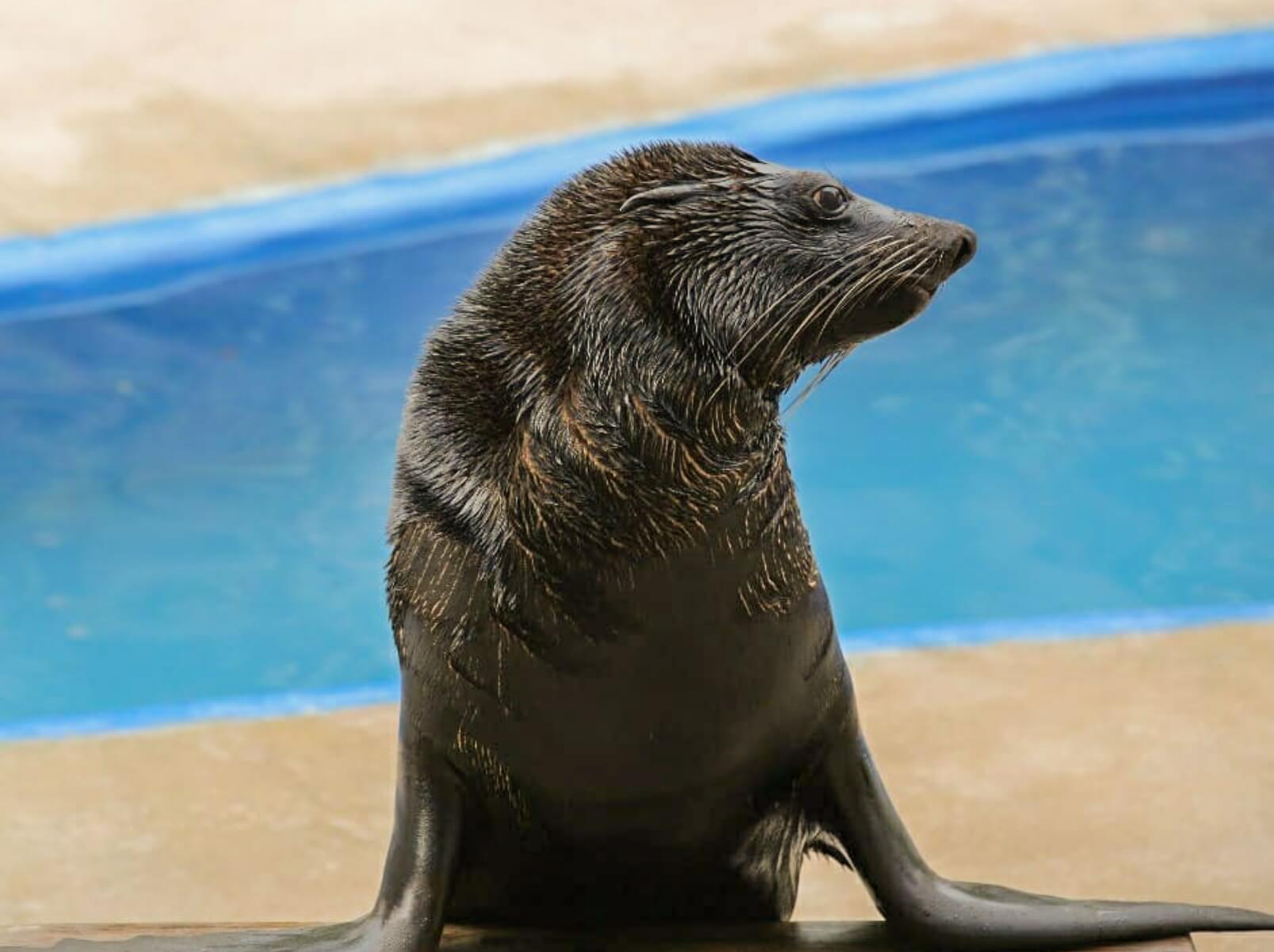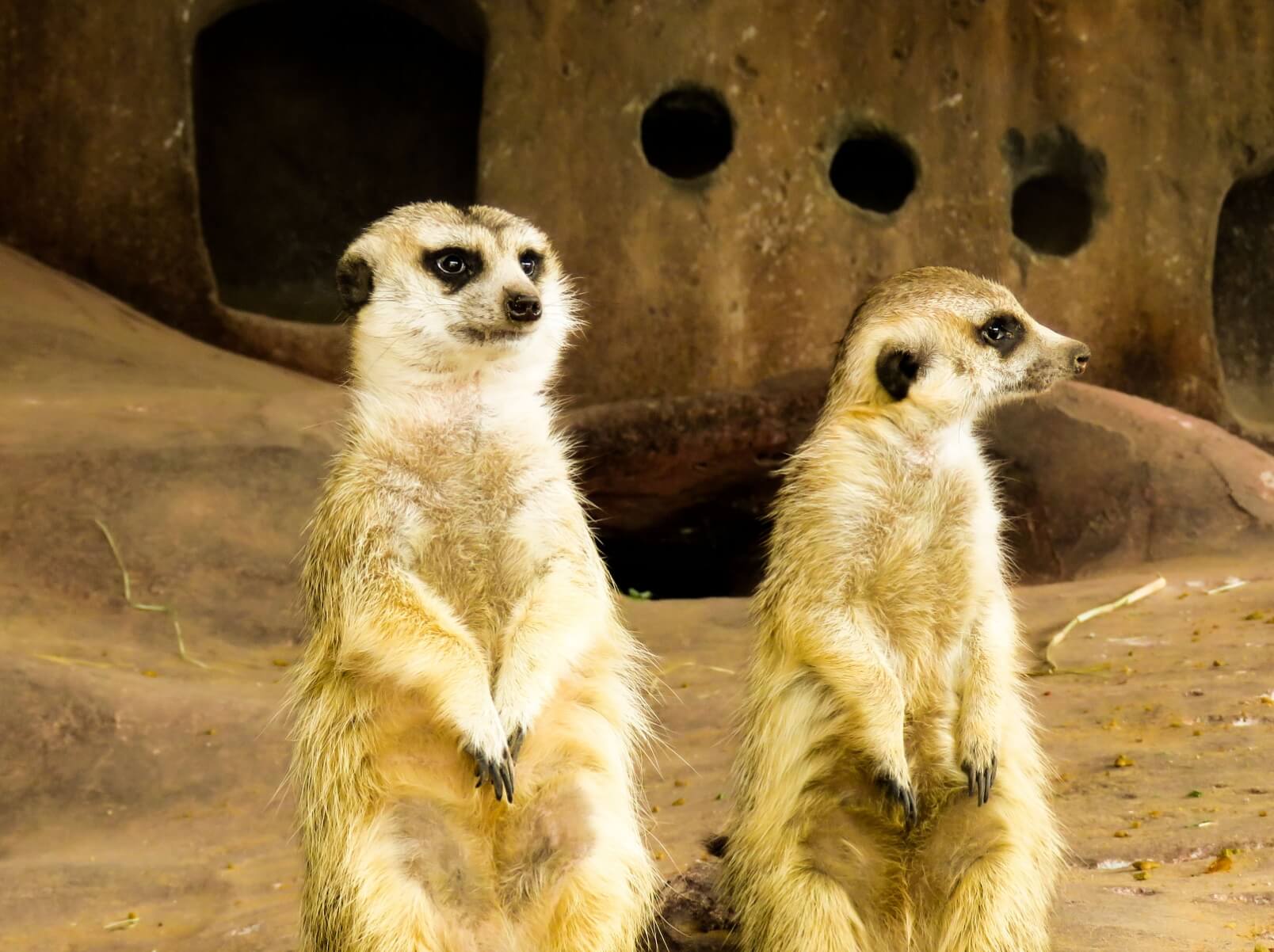Scientific Name: Panthera onca
INTERESTING FACTS
The Jaguar is a large member of the Big Cat Family, native to Asia, Africa and the Americas. The Jaguar is occurring in different colours, the black (the zoological term is "melanistic") version is commonly called "Panther". The "Black Panther" It is not a distinct species itself but is the general name used to refer to any black-coloured feline of the Big Cat family, most notably Leopards and Jaguars.
The Jaguar is an elusive and powerful animal that has adapted well to a variety of habitats around the world and is known to be one of the strongest climbers of all felines.
- Panthers have spots too. However, detecting them is rather difficult due to the dark background of black or brown fur.
- Their dark fur makes them virtually invisible under cover of night.
CONSERVATION MESSAGE
Tha Jaguar population in Amazonia is classified as "near threatened" by the IUCN, all other subpopulations are classified as Endangered or Critically Endangered.
It is distributed Thoughout South America and extinct in El Salvador and Uruguay.
Predators like the jaguars help improve the overall populations of prey by selectively stalking and killing individual animals that are sick or weak. This helps reduce the spread of disease and helps recycle nutrients within the ecosystem.
The biggest threats for the survival of the jaguar are habitat loss and fragmentation, trophy hunting and retaliatory killing for livestock deprevation.
CONSERVATION STATUS
Critically Endangered
LIFE SPAN
12 – 15 years
NATIVE HABITAT
Grasslands, open woodlands, and brush habitat
DIET
Carnivore
HEIGHT
68 – 75 cm
WEIGHT
Females: 36-100 kg Males: 36-158 kg
LENGTH
1.1 – 2.7 m
Related Animals
More Animals


